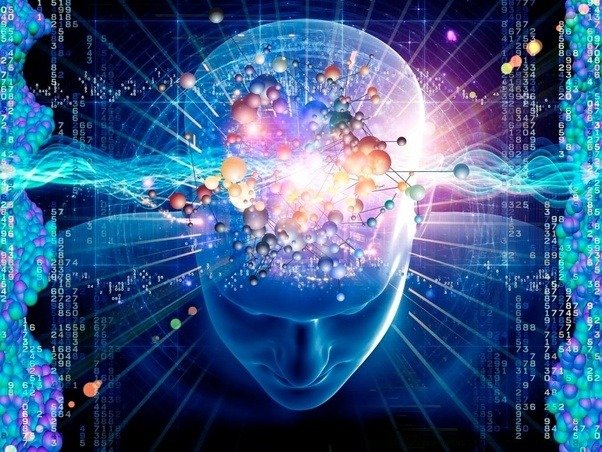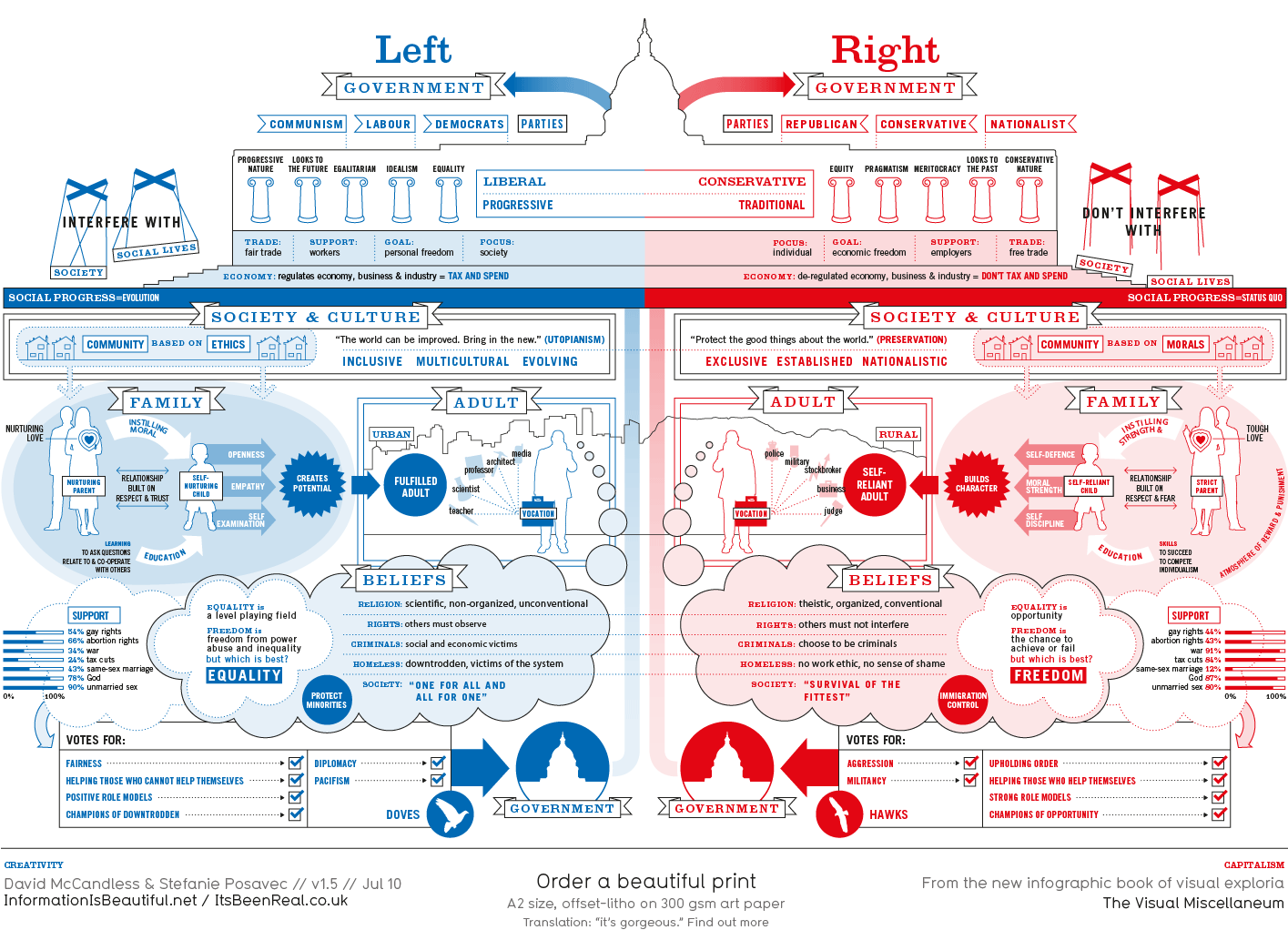WHAT ARE DEEP METAPHORS?
Deep metaphors are a certain kind of viewing lens that creates a very powerful way for us to see the world. This viewing lens is rather subliminal because most thinking we do and emotion we feel is subconscious.
Much of this process is driven not by words, but rather pictures and we come to realize that these metaphors reach the subconscious because our emotions are a critical factor in determining how we think and reason.
DEEP METAPHORS IN THE CONTEXT OF HEALTHCARE POLITICS
There is an obvious difference in the way Democrats and Republicans think and much of these differences relate back to this idea of deep metaphors.
Democrats view poor levels of health as emerging from an interrelated system pertaining to the social determinants of health (social, cultural, biological and economic factors all included).
Changing any one of these factors (ie. better access & availability to health care services) is not going to solve the problem we experience with health disparities.
A holistic approach where implementation and collaboration among many sectors would be ideal, from a Democrat’s point of view, in improving the health of the most vulnerable populations today.
Democrat’s also view American society as a complex system founded on basic universal rights, one of which is (or SHOULD be) the right to health.
Republicans, on the other hand, see health as an individual & societal journey. They seem to think that people are traveling on a journey to reach the health level that they so desire.
Thus, poor health must arise as a result of making poor (health) decisions, leading to more challenging obstacles to overcome along this journey.
Society, as a whole, is on a larger health journey through time and space. Both the individual and societal approaches, or (journeys) to reaching optimal health are unpredictable in nature.
This is where adaptability becomes key to achieving the level of health that everyone deserves, but there seems to be much struggle in dealing with this particular factor, especially here in the United States.
This difference in the ‘way’ Democrats and Republicans think is why their views on balance and equality differ so drastically. Democrats on one side (of the argument) believe that society is responsible for inequities and to fix this there needs to be more focus on health from a population-based perspective.
Republicans, on the contrary, believe that both society and individual choices are responsible for health disparities, thus social aid must be balanced against individual responsibility.
Deep metaphors seem to play a significant role in how we view the functionality of the world. Opposing subconscious thoughts and emotions are what ultimately creates these levels of opposition in regards to our ‘viewing lens.’
These disparities ultimately lead to the reflection that we see in regards to the deep metaphorical social imbalances that impact the way our (health) system is operated.
There is obviously some Power Behind our Subconscious-Deep Metaphors
About 95% of human thinking and emotion occurs in the
subconscious mind– afterwards decisions and attitudes are
rationalized but are they ever the true motivation as to why we do the things we are thinking?


You got a 4.72% upvote from @postpromoter courtesy of @conradsuperb!
Want to promote your posts too? Check out the Steem Bot Tracker website for more info. If you would like to support the development of @postpromoter and the bot tracker please vote for @yabapmatt for witness!
I'm reading an article today in the NYT by Katherine Mangu-Ward, and she writes this:
*a New York University psychologist, Jonathan Haidt, was formulating a theory about why liberals and conservatives have such a hard time productively conversing.
After mucking around in a lot of survey data, he came up with this basic idea: Liberals and people of the left underpin their politics with moral concerns about harm and fairness; they are driven by the imperative to help the vulnerable and see justice done. Conservatives and people of the right value these things as well but have several additional moral touchstones — loyalty, respect and sanctity. They value in-group solidarity, deference to authority, and the protection of purity in mind and body. To liberals, those sincerely held values can look a lot like, in Dr. Haidt’s words, “xenophobia, authoritarianism and Puritanism.” This asymmetry is the fountainhead of mutual incomprehension and disdain.*
https://www.nytimes.com/2018/03/09/opinion/sunday/smug-liberals-conservative-trolls.html?rref=collection%2Fissuecollection%2Ftodays-new-york-times
It reminded me of your post.
very much so!!!
these depictions of the underlining or inner-workings of the thoughts and how they originate drastically differ b/w the two ends of the spectrum's... we obviously see these differences with the decision's they make, which usually hardly ever (if ever) coincide with one another.
Interesting, gonna read into this a little further... thanks for sharing this with me
Regards
@conradsuperb
Actually, the entire exercise is part of a Deep Metaphor. Only a Democrat would have the urge to undertake it, to think in terms of interrelated systems and institutional remedies. That's just not in a Republican's, or I should say Conservative's, lexicon.
It's the difference, as you say, between personal responsibility and societal responsibility.
Yes, everything indeed begins as a deep metaphor and then can be translated in to action, most times there is no control over these thoughts as they are 'subconscious.'
The difference b/w these parties is more then just their P.O.V. it comes down to HOW these views originate as deep metaphors deep in the brain stem.
This difference you come to mention, reaps importance when we talk about the non by-partisanship we witness for this countries governing body
Cheers, thanks for dropping by :)
People think in metaphors.
yes, yes we do.
thank you for share
you're welcome, it is my pleasure
13.79% @pushup from @conradsuperb